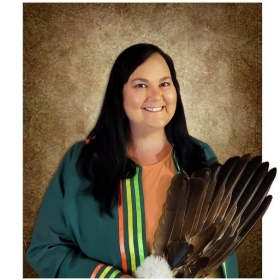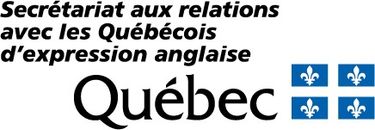Independent consultant / First Nation consultant
December 2021
Please tell us a bit about yourself.
I'm Dr. Cathy Martin. I'm from Listuguj Mi’gmaq First Nation and am currently an elected member of Council in my community. I work for the First Nation Education Administrators Association, a national organization in Canada. I am also a mother of five children, and I have five lovely grandchildren.



